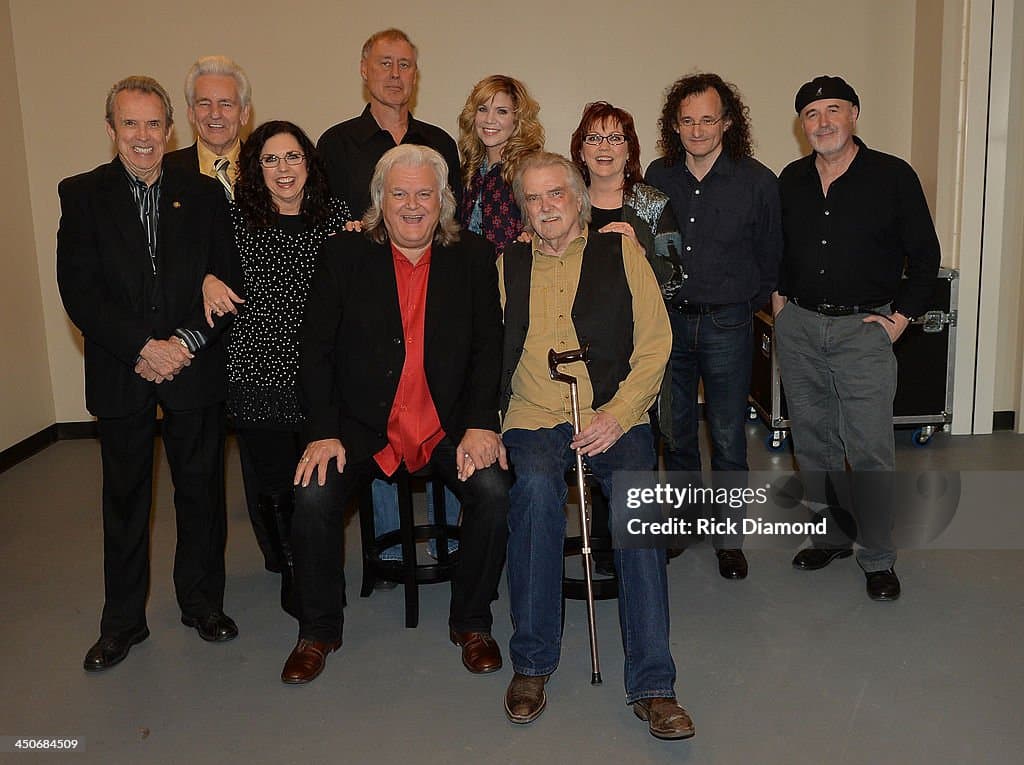
The Flash of Modernity: A Nickel Flat as a Dime
A vivid, masterful snapshot of a forgotten moment in time—the arrival of the future in a small Texas town, seen through the wide, eager eyes of a six-year-old boy.
If “That Old Time Feeling” yearned for the past, then Guy Clark’s “Texas 1947” is a vibrant, meticulously detailed recollection of a precise moment when the future arrived. This brilliant story-song is a cornerstone of his legendary 1975 debut album, Old No. 1, released by RCA Records. Though Clark’s own recordings of his songs rarely became mainstream chart hits in the way of conventional pop, this song gained immediate commercial recognition through another giant: Johnny Cash. Cash recorded “Texas 1947” for his 1975 album Look at Them Beans, and his rendition was released as a single, climbing to a respectable Number 35 on the US Billboard Hot Country Songs chart in early 1976. This success underscored the song’s undeniable appeal—a testament to Clark‘s genius, whose material was so rich that even the Man in Black recognized its universal resonance.
The story behind “Texas 1947” is pure autobiography, an account of the songwriter’s own childhood in Monahans, Texas. Clark often introduced the song by stating it was a true memory, though he humorously noted that when he played it for his parents later in life, they didn’t quite remember the event with the same vividness! The song places us directly on the railroad tracks of that dusty, post-WWII town, awaiting a spectacle: the very first time the sleek, modern, red and silver streamline passenger train was scheduled to barrel through.
The genius of the song is that it is told entirely through the voice and perspective of a six-year-old boy. The narrator is a classic “know-it-all” kid, initially unimpressed because he’s “seen some trains before”—the big, black, noisy steam engines that were the norm. But this new, futuristic machine is something else entirely, an alien vision that brings the entire town out to the depot.
The meaning of “Texas 1947” transcends a simple anecdote about a train; it is an eloquent metaphor for the irreversible march of progress and the transition from one era to the next. For the adults, the train is a disturbing sign of change, leaving them “sittin’ on their cars, wonderin’ what it’s comin’ to and how it got this far.” It is the end of a simpler, more isolated civilization. But for the child, it is a magnificent, almost divine event, prompting him to exclaim that “you’d a-thought that Jesus Christ hisself was a-rollin’ down the line.” The ultimate, beautiful symbol of this collision between the old world and the new is the nickel the boy places on the track, only to have it returned to him, “smashed flatter than a dime” by the sheer, overwhelming speed and power of the “mad dog, runaway, red silver streamline train.”
For those of us who appreciate the art of the narrative ballad, “Texas 1947” remains a masterclass. It uses simple language to paint vast canvases of human experience, capturing a moment in time so perfectly that you can almost taste the West Texas dust. It is a song that honors the small, yet seismically important moments of our youth, proving that the most profound stories are often hidden in the smallest details.